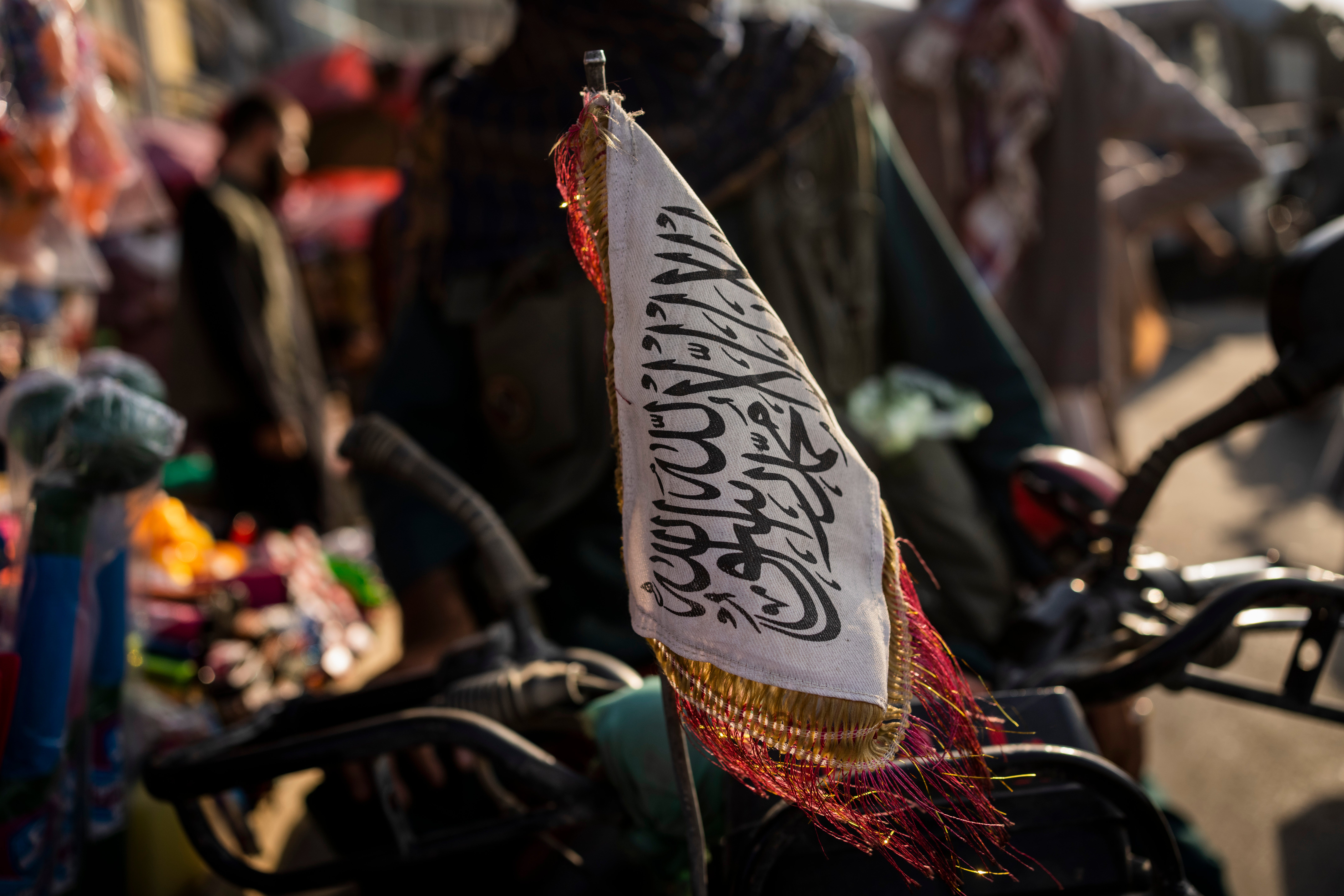Female Afghan health workers, educators urge release of aid
Female Afghan health workers, teachers and rights defenders are urging the international community to resume financial aid to Afghanistan, saying non-payment has disproportionally impacted women

Your support helps us to tell the story
From reproductive rights to climate change to Big Tech, The Independent is on the ground when the story is developing. Whether it's investigating the financials of Elon Musk's pro-Trump PAC or producing our latest documentary, 'The A Word', which shines a light on the American women fighting for reproductive rights, we know how important it is to parse out the facts from the messaging.
At such a critical moment in US history, we need reporters on the ground. Your donation allows us to keep sending journalists to speak to both sides of the story.
The Independent is trusted by Americans across the entire political spectrum. And unlike many other quality news outlets, we choose not to lock Americans out of our reporting and analysis with paywalls. We believe quality journalism should be available to everyone, paid for by those who can afford it.
Your support makes all the difference.Female Afghan health workers, teachers and rights defenders Tuesday urged the international community to resume financial aid to Afghanistan, saying non-payment has disproportionally impacted women.
Aqela Noori, a teacher, said at a news conference in the capital Kabul that 120,000 female educators and nearly 14,000 female health care workers have not been paid their salaries for the past two to three months.
“We call on the international community, the World Bank and international humanitarian agencies not to suspend their humanitarian aid to Afghanistan,” she said. “Don’t leave Afghanistan alone in this difficult time.”
Since the Taliban overran Kabul on Aug. 15 and seized control of the country, the world has been watching to see whether they will re-create their harsh rule of the late 1990s.
Foreign aid accounted for nearly 75% of Afghanistan’s public expenditure, according to a World Bank report, prior to the Taliban taking control of the country last month. The funds have been frozen and now an economic crisis looms.
The World Bank and the International Monetary Fund paused disbursements to the government, while the U.S. froze billons of dollars in assets held in American accounts by the Afghan Central Bank.
Women working in rural areas are severely affected by the months of salary arrears, Noori said, urging that their salary payments be prioritized. Public salaries for both men and women across state institutions were not paid by the previous government under President Ashraf Ghani months before the Taliban takeover.
The World Bank said in a statement Tuesday the bank was “deeply concerned” about the disruptions to critical health services and said it was “closely monitoring and assessing the situation.“
“We continue to follow events and once the situation becomes clearer, we will be able to assess next steps,” it said.
Noori said the non-payment of female health workers has undermined service delivery, especially in rural areas, leading to higher rates of maternal and infant mortality. She did not provide statistics.
Noori said the salaries of 8,400 out of a total 14,000 health workers had been paid directly by the World Bank in the past, but the allocations stopped two months ago.
Yalda Hamishi, an obstetrician, said the suspension of funds has caused a “catastrophe” in rural areas and that most female doctors have stopped working because they haven't been paid.
Teachers meanwhile, addressed the new Taliban leadership directly, asking them to provide alternative jobs for the approximately 16,000 female teachers the Taliban have prohibited from teaching high school until a decision is made on their status. Most, they said, were the only breadwinners in the family.
They urged the Taliban to ensure a safe environment for both boys and girls to attend schools and to open schools to girls as soon as possible. Girls' schools from Grade 7-12 still remain closed.